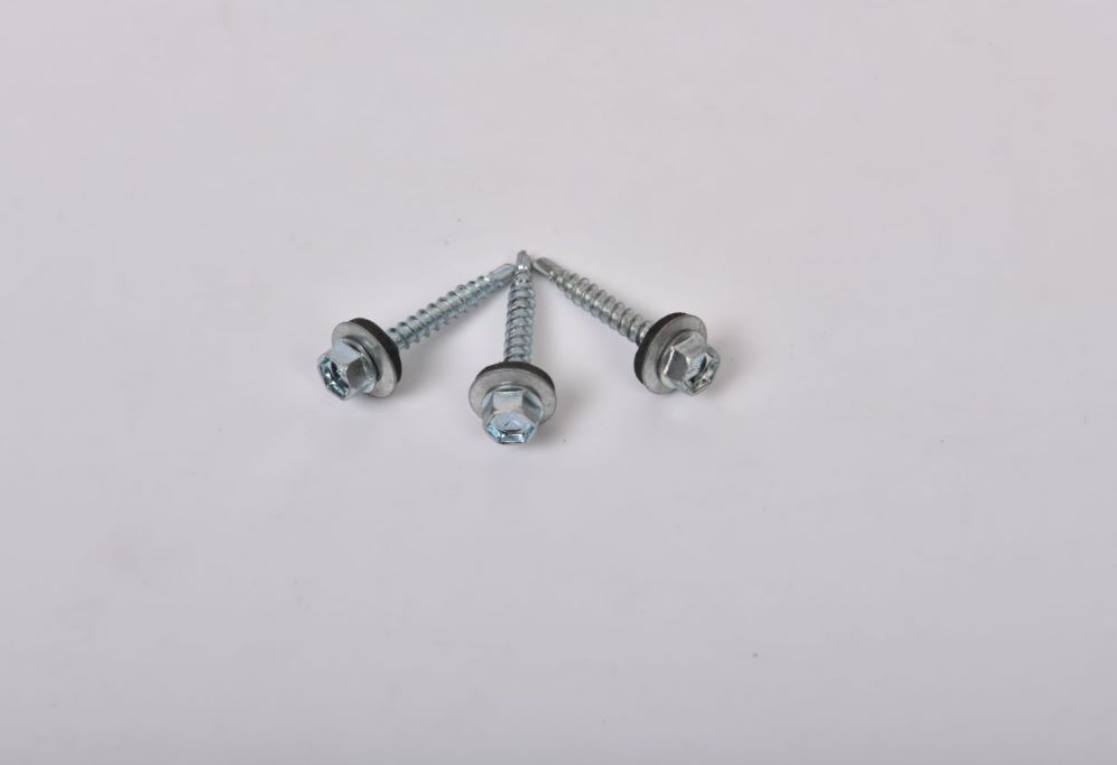self tapping screw into metal factory
The Process and Benefits of Manufacturing Self-Tapping Screws for Metal Applications
Self-tapping screws are an essential component in various industries, particularly in metal fabrication. These screws are designed to create their own threads as they are driven into materials, such as metal, wood, or plastic, eliminating the need for pre-drilling. This article will explore the manufacturing process of self-tapping screws tailored for metal applications, the benefits they offer, and the role of factories in this innovative industry.
Manufacturing Process
The production of self-tapping screws typically begins with selecting the right materials. The most common materials used are various grades of steel, often coated with zinc, to prevent corrosion and enhance durability. The choice of material is critical, especially when the screws are utilized in environments that may expose them to moisture or chemicals.
1. Wire Drawing The first step in manufacturing involves wire drawing, a process that reduces the diameter of the wire and gets it to a suitable size for screw production. The wire is pulled through a series of dies, which gradually decrease its thickness while increasing its length.
2. Cold Heading Once the wire reaches the desired size, it undergoes cold heading. In this process, machines use high pressure to shape the wire into the head of the screw. This technique not only creates the head but also establishes a uniform grain structure, enhancing the strength of the screw.
3. Thread Rolling After cold heading, the screws are sent for thread rolling. This is a critical step where the screw body is passed between two dies that form the threads through a process of cold forming. This method ensures that the threads are precise and helps to eliminate the need for cutting, which can weaken the material.
4. Heat Treatment To further enhance the strength and hardness of the screws, heat treatment is applied. This process involves heating the screws to a specific temperature and then quenching them, thereby significantly increasing their resistance to shear and tensile forces.
5. Surface Treatment Lastly, the screws are subjected to surface treatments, such as electroplating, galvanizing, or coating. These processes not only improve the appearance of the screws but also provide additional protection against corrosion and wear.
Benefits of Self-Tapping Screws in Metal Applications
self tapping screw into metal factory

Self-tapping screws offer numerous advantages, particularly when used in metal applications
. Some of the key benefits include1. Time Efficiency Because self-tapping screws eliminate the need for pre-drilling, they save significant amounts of time during assembly. This efficiency streamlines installation processes in manufacturing lines and construction sites.
2. Cost-Effectiveness The reduction in labor and tooling costs translates into savings for manufacturers. Additionally, the use of high-quality self-tapping screws can minimize the need for replacements due to failures, further reducing expenditures.
3. Versatility Self-tapping screws come in various shapes, sizes, and coatings, making them suitable for a wide range of applications, from automotive to HVAC systems, electronic devices, and beyond.
4. Strong Hold These screws provide a robust hold in materials, ensuring that joints stay intact under pressure. This is particularly essential in metal applications where the integrity of the connection is critical for safety and performance.
5. Reduced Risk of Damage The design of self-tapping screws minimizes the risk of damage to the material being fastened, which is especially crucial in delicate metal assemblies.
The Role of Factories
Manufacturing factories play a pivotal role in the production of self-tapping screws. They are equipped with modern machinery and skilled technicians who ensure that screws meet industry standards and specifications. Continuous advancements in technology enable factories to improve production efficiency and product quality. Automation, for instance, allows for higher consistency and reduced human error in manufacturing processes.
In conclusion, the production of self-tapping screws for metal applications is a complex process that brings numerous benefits to various industries. By choosing high-quality materials and employing precise manufacturing techniques, factories can provide essential components that enhance the efficiency and reliability of metal constructions. As technology continues to evolve, the future of self-tapping screws looks promising, paving the way for even more innovative solutions in the fastener industry.
-
Top Choices for Plasterboard FixingNewsDec.26,2024
-
The Versatility of Specialty WashersNewsDec.26,2024
-
Secure Your ProjectsNewsDec.26,2024
-
Essential Screws for Chipboard Flooring ProjectsNewsDec.26,2024
-
Choosing the Right Drywall ScrewsNewsDec.26,2024
-
Black Phosphate Screws for Superior PerformanceNewsDec.26,2024
-
The Versatile Choice of Nylon Flat Washers for Your NeedsNewsDec.18,2024










